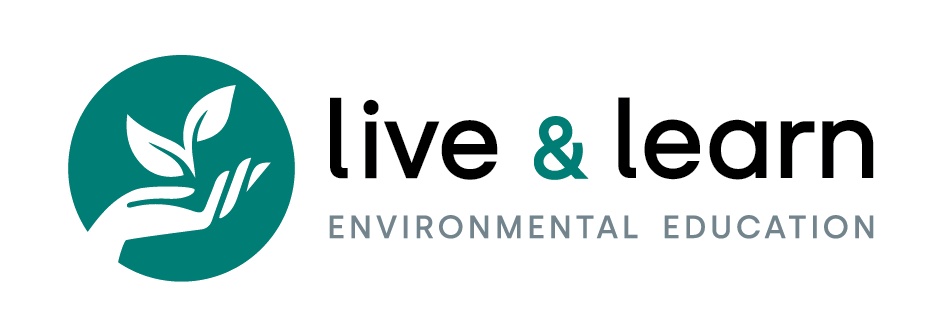
May 28 is international Menstrual Hygiene Day. Adolescent girls and women throughout the world face many challenges in managing their menstruation effectively and with dignity. Burnett Institute’s 2017 research, “The Last Taboo”, found adolescent girls and women in Solomon Islands face a number of challenges that influence their ability to manage menstruation effectively and with dignity. Many adolescent girls lack knowledge and are unprepared for menstruation. This is exacerbated by a lack of affordable, quality sanitary products in rural and urban areas, and inadequate WASH facilities in schools, workplaces and public places.
The New Times, New Targets Project aims to improve sustainable and inclusive access to water, sanitation and hygiene (WASH) services and facilities with schools, clinics and communities in rural Solomon Islands. The project is an Australian aid initiative implemented by Plan International Australia in partnership with Live & Learn Environmental Education on behalf of the Australian Government. The recently completed baseline report discussed menstrual hygiene management with women in the project area of West Guadalcanal. Findings include:
- 52% of women interviewed stated that they “still have questions of worries about menstruation.”
- 48% of women had brought disposable sanitary pads in the past six months. Of those who did not buy sanitary pads, 45% wanted to but couldn’t afford them, or they were not available.
- 63% of women stated that they often don’t have enough money to purchase disposable sanitary pads.
- Approximately 50% of women prefer commercial sanitary pads, and 50% prefer to use cut-up cloth, even if they have plenty of money to purchase commercial sanitary pads.
The information from the baseline will be used by the project team to implement activities that will provide improved inclusive access to water and sanitation, and affordable and safe options for women and girls to manage their menstruation with dignity. The project is also partnering with local organisations who provide training on sewing reusable sanitary pads.


